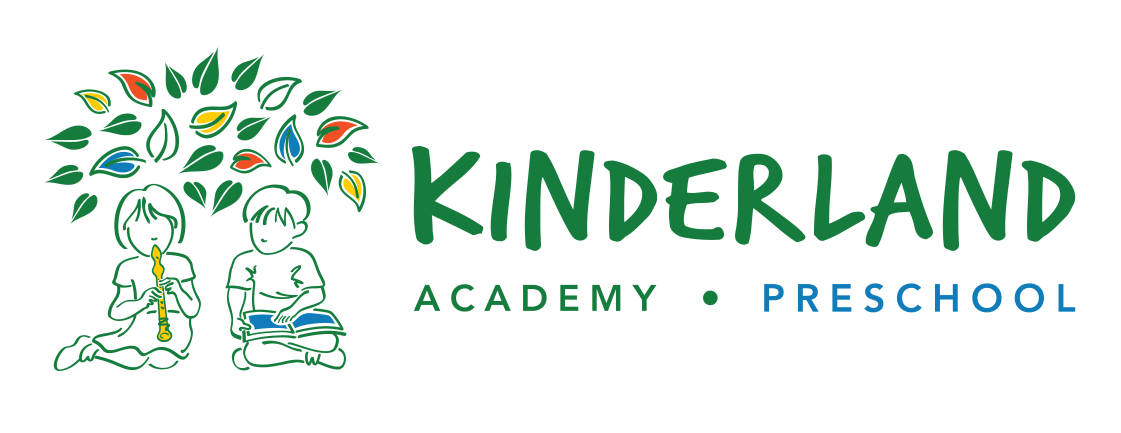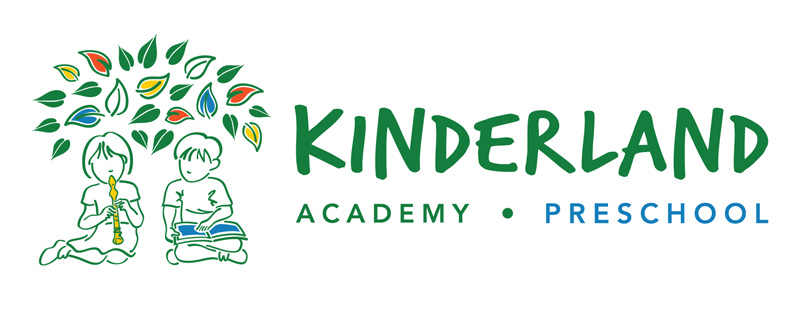BENEFITS OF MUSIC FOR EARLY CHILDHOOD
Did you know that early exposure to music promotes brain development?
An infant’s brain is not fully developed at birth. It needs multiple sensory inputs, such as visual, auditory, tactile and olfactory, to build connections of the world they are in.
Singing songs, music and familiar rhymes at an early age provide infants with auditory stimulus to foster language development and to enhance memory. Finnish researchers from the University of Helsinki found that infants are capable of learning at a very young age and were already learning in their mother’s wombs.
At the Centre for Music Learning at the University of Texas at Austin, research showed that infants at seven months can categorize auditory stimuli and could distinguish a melody played on different instruments.
What kinds of music will benefit infants and toddlers?
Early exposure to music increases abilities in many areas especially temporal and spatial reasoning, skills critical for learning math concepts, according to researchers Rauch and Shaw.
The Washington Times suggests that the genre of music, whether classical, pop, jazz or mum’s favourite tune, does not matter as much as the complexity of music. However, classical music is known to be more complex in structure, instrumentation and harmony and therefore helps develop the brain for other cognitive tasks.

In Kinderland, we play classical music when the children are napping and other genres during play and activity. Teachers sing interactive nursery rhymes in English and Chinese to help infants learn the languages as well. The music will help our children’s brain develop while they enjoy their day spent in the centre. Simple musical ‘instruments’ are provided for children to make sounds and learn about rhythm. Research has proven that children who learn to play a musical instrument perform better in cognitive skills.
Eventually, it is to develop in young children a love for music, to soothe, calm and enjoy.


